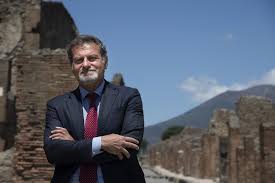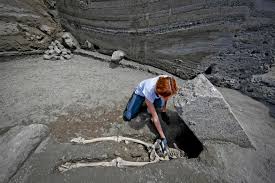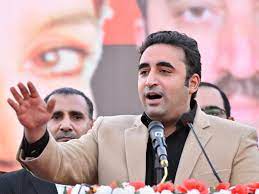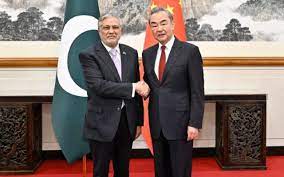Italy: International search launched for new Pompeii site director

Rome: Italy’s famed archaeological site of Pompeii has launched a search for a new general director – and the job could go to a non-Italian for the first time.

The world-famous site could choose a non-Italian as its next general director for the first time, after an international search open to all candidates, Italy’s culture minister said.
The ruined city that was submerged in ash after the eruption of Mount Vesuvius in 79 AD is the country’s second-most visited tourist attraction after Rome’s Colosseum, receiving nearly four million visits last year.
“We think this contest… will be watched with a lot of interest by the world,” Italian Culture Minister Dario Francheschini told journalists during an online press conference
Until now Pompeii, along with the majority of Italy’s cultural sites, has always been led by an Italian.
In 2015 for the first time, seven international directors were named to some of the countries’ most prestigious museums – such as Germany’s Eike Schmidt at the Uffizi Galleries in Florence – in an attempt to modernise their dusty, bureaucratic operations, although the appointments have not been without controversy.
Candidate names for the Pompeii post will be accepted until November 3rd and a director will be chosen by March, Francheschini said.
The massive site that spreads over 44-hectares (110-acres) is what remains of one of one the richest cities in the Roman empire. Layers of ash buried many buildings and objects in a nearly pristine state, including the curled-up corpses of victims.
But the hugely popular visitor site near Naples also came to symbolise decades of mismanagement.
Its administration has been criticised for not ensuring adequate security following scores of incidents of vandalism and theft by tourists in recent years, and a series of wall collapses prompted UNESCO to warn it could be struck off its World Heritage list.
Before the coronavirus crisis hit in late February, Pompeii celebrated the culmination of a $113 million restoration project, paid for largely by European Union funds, although other restoration projects continue.
Outgoing head Massimo Osanna – who will go on to become the new director of Italy’s state museum system – said he hoped his successor would pursue the policy put in place two years ago of programmed maintenance “that we didn’t have for decades”. That includes regular checks and inspections and using digitised data to help prioritise projects.
Nearly a third of the ancient city has yet to be uncovered by archaeologists. The salary is €148,000 a year plus the potential of performance-related bonuses. The new director will have a four-year contract, renewable for a further four years.





